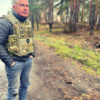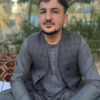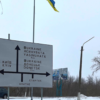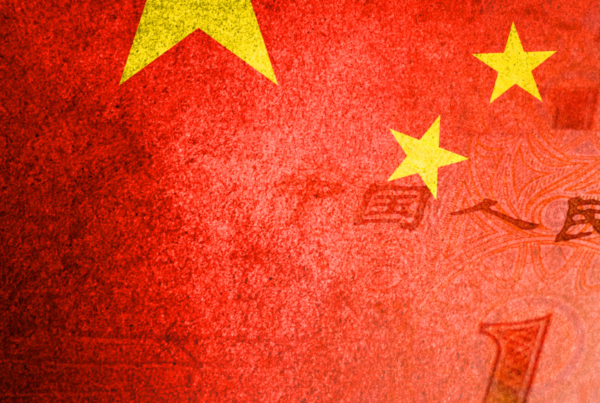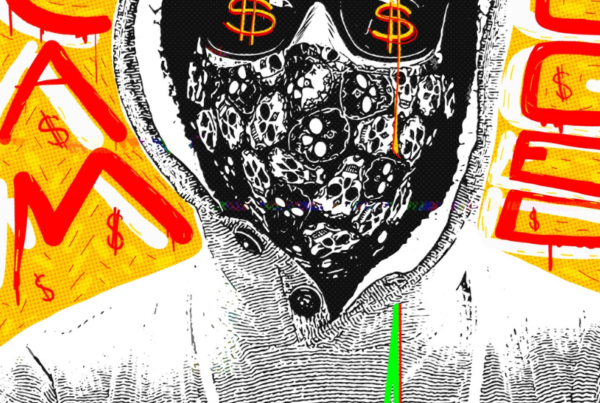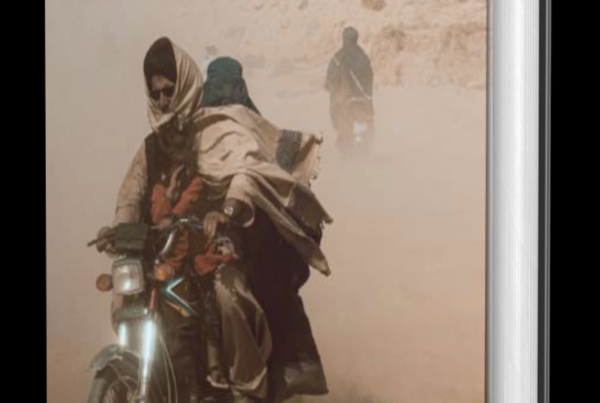He was once deemed an acclaimed doctor by the United States of America, having played a pivotal part in the identification and death of September 11th financier Osama bin Laden. But for more than eleven years, Dr. Shakil Afridi has been hidden away in a cramped cell smaller than his six-foot frame. There is no ventilation, no working toilet, no proper food, and no cracks of sunlight.
As Washington moves on amid new wars and missions, Shakil, 60, has been left behind – his sanity steadily slipping away, his skin awash with persistent rashes and discomfort, his bold legacy lost to the dusty files of history.
It seems the only person left to screech his name in choked desperation is his lawyer and cousin, Qamar Nadeem, who reaches out to me from time to time in the hopes of keeping Shakil’s name in circulation.
“Afridi was, is and will be a hero of all time,” Qamar insists. “His name in American history will always be written in golden words because of his relentless support, courage and serving life-long imprisonment for helping the U.S. in catching Osama bin Laden, which was not possible without his support in the great mission.”
America’s victory – and Afridi’s unraveling nightmare – ignited in early 2011 after the CIA operated identified a suspect compound in Abbottabad, roughly half a mile from the Pakistani Military Academy. There was every indication the terrorist leader – with a $25 million American bounty on his head – was being held inside, but the U.S. needed confirmation.
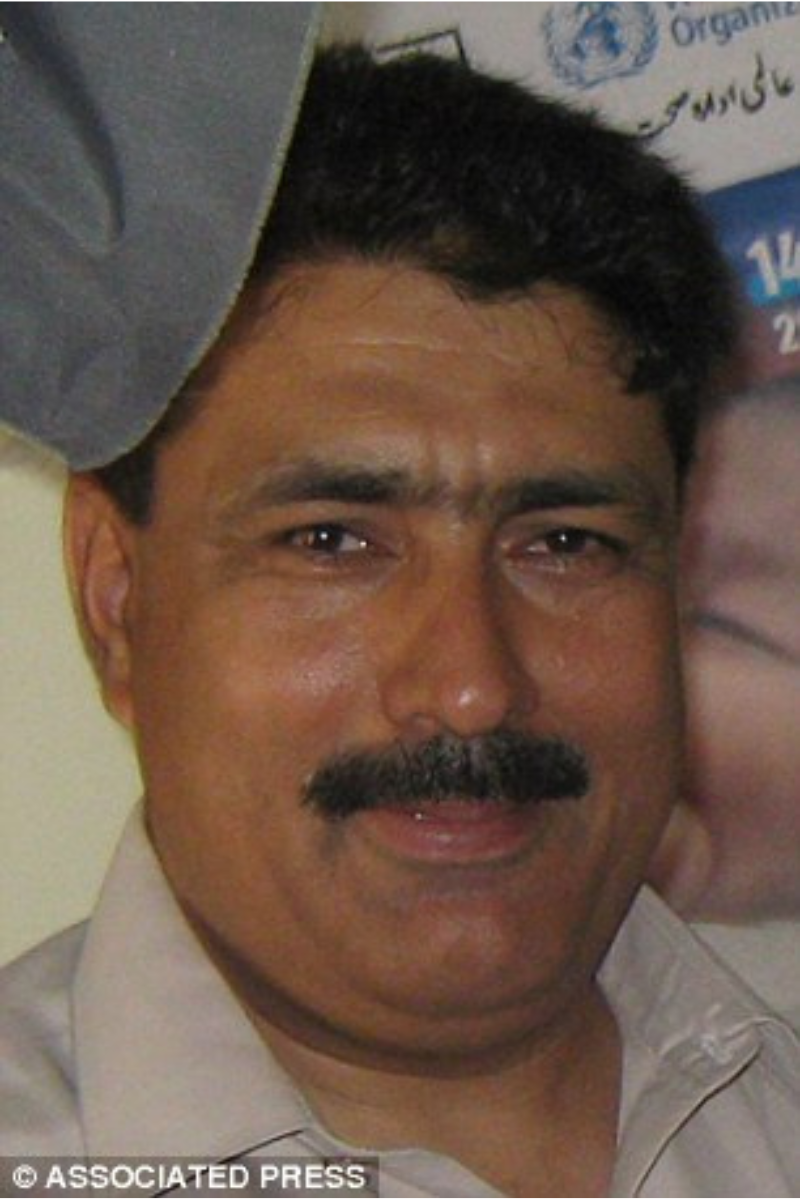
That is when Shakil, a prominent physician from Pakistan’s Khyber Pakhtunkhwa province, was called upon to extend a hepatitis B vaccination drive effort (which requires blood collection, thus much more effective than the orally administered polio vaccines) and collect DNA samples from the shadowy dwelling. Qamar assures me Shakil was never informed of the target and harbored no knowledge of the elaborate “Operation Neptune Spear” takedown plotted behind the scenes. Then, in the witching hours of May 2, 2011, helicopters filled with U.S. Navy SEALS victoriously descended upon the home, bringing back bin Laden’s body in a bag.
According to a Pentagon source with knowledge of the proceedings, Shakil was offered a pathway to leave his homeland before details of the raid became public. However, as with many Pashtun customs, he wanted to take his extended family, which officials could not facilitate. Thus, Shakil stayed, believing his cover would not be blown.
Unfortunately, it took just days for U.S. officials to trumpet the moment and unveil details of the intricate plot to kill the world’s most wanted man. Islamabad – which was not informed of the mission in advance, given its murky reputation for both siding with Washington while safeguarding terrorists – was squeezed into the awkward position of being either dubbed deceitful or incompetent.
They quickly set out to sink their fingers into a scapegoat. Notably, then-CIA director Leon Panetta had publicly declared that “a doctor” had provided “very helpful” intelligence.
Using forensic evidence, Pakistan’s ISI investigation identified Shakil as a match in less than three weeks. On May 23, 2011, he was apprehended, thrown into a dark hole of torture and interrogation, and accused of high treason.
Shakil was never charged with treason in connection with the bin Laden showdown, contrary to popular perception. Instead, he was convicted of supporting Khyber-based militants affiliated with Lashkar-e-Islam. (Shakil’s family, legal representative and even the LeI jihadists deny any connection to the group.) Nevertheless, the ludicrous charge was vital to avoiding the federal court system and thus allowing the trial to occur under the nebulous auspices of a tribal kangaroo court.
Due to the localized charges, the trial may be overseen by tribal elders and other bureaucrats appointed under the Frontier Crimes Regulation (FCR). The FCR was installed in 1872 “by imperial administrators to manage the frontier inhabitants” and “was designed to exclude the frontier’s inhabitants from the colonial judiciary and, more broadly, the colonial sphere, encapsulating them in their own colonially sanctioned ‘tradition,’” according to Cambridge University Press.
As a result of this still-in-effect legal system, Qamar could not cross-examine witnesses. Additionally, the mainstream court system has little authority over tribal areas. Shakil was sentenced in 2012 to 33 years behind bars, but that was reduced to 23 years following an appeal in 2014.
And the pursuit of a fair trial is becoming increasingly difficult.
As it stands, Shakil will remain in the depths of confinement until at least 2034. I brought this issue up with Pakistani officials during a visit to the tribal areas several years ago.
“Well, you know we had to charge him with something. This was a big stain to Pakistan,” one official whispered to me over tea.
In the years past, Nadeem continues to file fruitless appeals in the Peshawar High Court on his client’s behalf – and is met with endless postponements, prosecutors failing to show up, and a blanket refusal for the attorney to even meet with the defendant.
“The last hearing on Dr. Afridi’s case was held on March 11, 2021, in Peshawar High Court. Since then, the court deliberately avoided giving us a new hearing date, owing to the political pressure on the judges,” Qamar claims. “The court turned a deaf ear to early hearing petitions I have been filing in the High court since the last hearing.”
However, on August 25, 2022, he filed a new early hearing petition, which the High court accepted, and the premise that a new bench of judges would be formed, expected to hear Afridi’s case after September 15.
“In this new petition, I pleaded with the High Court to reduce Afridi’s prison sentence from 33 years to 10 years, as he has already served ten years of imprisonment under four sections of the Pakistan Penal Code (PPC) 121 A, 123, 123-A, 124- A for conspiring against Pakistan,” Qamar explains. “Although he never conspired against his country and only performed his duty as a doctor.”
The road since then has been sullied by a jarring lack of due process, and Shakil’s fate feels forgotten by much of the outside world. Over ten years after being confined in solitary confinement, the physician is said to be steadily wasting away and suffering from severe depression and psychosis.
With a heavy breath, Qamar details that Shakil is concealed in a high-security facility – designed to incarcerate the worst of the worst terrorists – wedged into the shining-high topography of Sahiwal, Punjab, Pakistan.
“He is kept in a separate prison cell that has no fresh air vents, and the sanitary conditions are quite poor, which can facilitate the transmission of communicable diseases, given that Covid is not over yet,” Qamar says. “Afridi lacks access to adequate food and health facilities, and he often receives ill-treatment by jail wardens, and there are many sundry rights violations as well.”
Further, Qamar has been barred from entering the facility since 2019, despite a High Court decision to permit lawyer-client meetings.
However, many Pakistanis view Shakil as a traitor who tarnished Pakistan’s reputation by collaborating with foreigners. Furthermore, several Islamabad officials have pointed out that the country has paid a heavy price for its counterterrorism partnership with Washington, including multiple attacks on its soil. When they were excluded from the operation on their turf, the trust was severed.
Although Washington continues to supply Islamabad with hefty foreign aid packages, Pakistan has refused to budge on the Shakil matter throughout both the Obama and Trump administrations. As a result, his name is barely uttered in the halls of the Biden White House. Over the past decade, the U.S. State Department has intermittently released the same statement regarding the monumental doctor, maintaining that he is unjustly imprisoned” and that the issue continues to be raised “at the highest levels during discussions with Pakistan’s leadership.”
U.S. lawmakers have made varying attempts to impose financial punishment, even introducing a bill in 2012 to naturalize Afridi as a U.S. citizen. Now and then, other glimmers of hope emerge talks of a prisoner swap float through the media, and in 2018 Pakistan’s then-foreign minister assured me that Islamabad was open to release discussions.
Even so, all efforts have fallen on deaf ears and have vanished into obscurity. Yet it is not only the once esteemed chief surgeon of the Civil Hospital Jamrud, burrowed into the western periphery of the Khyber tribal region, who is suffering. The doctor’s immediate family is sometimes allowed to visit him behind bars, but their lives also consist of imprisonment in another form. As threats mount against them, they flee to a different, undisclosed location every few weeks, unable to work or even obtain permission to leave the country.
Subsequently, Shakil’s imprisonment has left his wife, Imrana Ghafoor, and their children in the throes of poverty. In the absence of a breadwinner and without safe employment opportunities, they are forced to rely on close family members for their survival.
“Afridi’s immediate family, including his brother, is allowed to meet him once, just for fifteen minutes. However, on their visit, the prison authorities make them undergo strange bodily checks, including compelling them to take off their full clothes on the pretext of security checking, violating prison rules,” Qamar tells me bitterly. “They continue to hinder their meetings by switching off the ceiling fan of the visitor’s area – where they make them meet with Afridi under high surveillance.”
According to the frustrated lawyer, Shakil’s family has also been instructed not to discuss the current political situation or any governmental developments. Finally, and most critically, they must communicate in Urdu, not in their native Pashto tongue, so that the authorities on duty can “understand the context of their conversation.”
Again, Qamar stresses the notion that the doctor’s family fears the fragility of his life, driving home that his sanity is sinking.
“Afridi told his family how the prison authorities have put him in infinite solitary confinement for years, which is why he feels depressed, and anxious all the time,” Qamar asserts. “He looked feeble and complained about severe backache. He is already a critical patient who has had high blood pressure for a long time and was diagnosed with diabetes late last year. But this remained untreated because the jail authorities are barred from providing medical help and medicines to Afridi.”
However, the exposure of the bin Laden plot has also had other far-reaching, devastating consequences for public health campaigns across Pakistan. Medical staff was threatened with their lives, and several international aid groups were expelled. NGOs were also subjected to new restrictions, making it difficult for them to operate in large areas of the country. The clampdown has led to thousands of disadvantaged Pakistanis losing aid, local staff losing their jobs, and hundreds of thousands of children losing the chance to get vaccinated.
In 2014, the CIA prohibited using vaccination programs for intelligence-gathering purposes, although the suspicion and stigma remain.
Yet despite frequent threats to Nadeem’s own life as he continues to desperately advocate for his cousin, one cannot but feel that Shakil is already forgotten in the dust of failed Afghan war, a withdrawal from the region and sights fixed elsewhere in a tumultuous world.
“I will continue to work on his case until my last breath because first, I cannot tolerate injustice to a poor man who helped the U.S. for a great cause,” Qamar emphasizes. “Secondly, he belongs to my Pathan tribe, so I must show solidarity with him by pursuing his case.”
Qamar takes a long, shallow breath and admits that while he is not aware of any current discussions about Shakil’s case between Washington and Islamabad, he will not walk away.
“I am hopeful that the U.S. can still get Afridi out of prison,” he adds.




